A unique event will take place on Saturday, July 30th, 2016 at the Museum of Aviation in Warner Robins, Georgia. The museum will celebrate the setting of the World Absolute Speed Record, made forty years previously, by their SR-71A Blackbird, serial number 61-7958. The two men who performed this magnificent feat, retired Major General Eldon “Al” Joersz, pilot, and retired Lt Colonel George Morgan, reconnaissance systems officer, will take part in the proceedings, and the audience will have a chance to meet them too. The two men will sit in the cockpit of their now-silent Blackbird again, and reminisce about taking the jet all the way up to 2,193 mph on July 28th, 1976; a record which stands to this day. The event is free and open to the public. The museum’s press release continues…
The World Absolute Speed Record is significant because it is still today officially recognized by the World Air Sports Federation (Fédération Aéronautique Internationale headquartered in Switzerland) as the fastest humans have ever flown in an aircraft. Other aircraft have gone faster but not in a sanctioned world record flight. One reason the record still stands is because then- Captain Joersz flew the Museum’s Blackbird through a timing gate two times in opposite directions to account for wind. The speed record of 2,193 miles per hour is the average of the two passes. The jet was not modified for the flight so the record represents what a production aircraft could do on a typical mission. The SR-71’s amazing capabilities represent American Science, Technology, Engineering, and Math (STEM) skills at their best. It’s been over 16 years since the very last flight of an SR-71 and the Blackbird continues to awe and inspire people around the world.
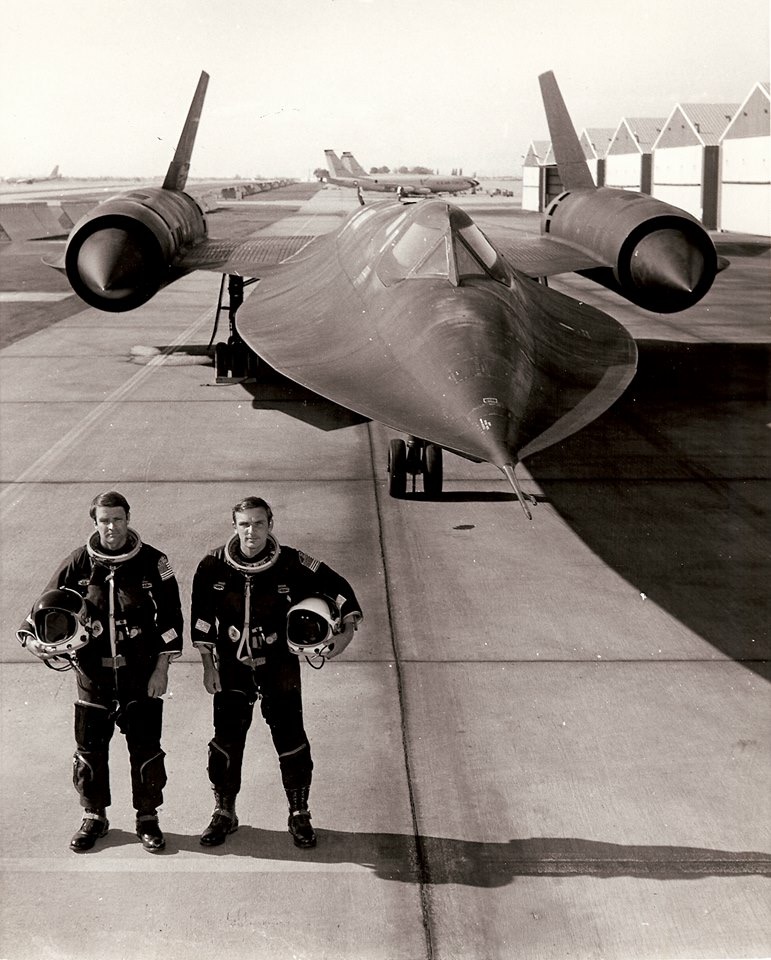
“Few aircraft have so captured the imagination of the world as the [SR-71] Blackbird… The mystery surrounding its creation and employment, its starkly beautiful sculptural shape, and its absolute dominance in aircraft performance for more than thirty years give the Blackbird a place unique in history as both an instrument of technology and as a cultural icon.” (Walter Boyne, “SR-71 Blackbird: A Fast History” Code One Magazine, December 2014. Available online at www.codeonemagazine.com )
The SR-71 Blackbird is a long-range, advanced, strategic reconnaissance aircraft. The first flight of an SR-71 took place on 22 December 1964, and the first SR-71 to enter service was delivered to the 4200th (later 9th) Strategic Reconnaissance Wing at Beale Air Force Base (AFB), California, in January 1966. The United States Air Force (USAF) retired its fleet of SR-71s in 1990 because of a decreasing defense budget and high costs of operations. A few Blackbirds continued in service with NASA through the 1990s and the Air Force brought a few SR-71s back into service briefly in the mid-1990s. The final SR-71 flight was made in October 1999.
Throughout its long service life, the SR-71 remained the world’s fastest and highest-flying operational aircraft. From 80,000 feet it could survey 100,000 square miles of the Earth’s surface in an hour.
The Museum of Aviation’s SR-71A, serial number 61-7958, was delivered to the USAF in December 1965. The aircraft was home-based at Beale AFB, near Marysville, California, but deployed to many other locations for missions. The Air Force retired ‘958 and flew her to Robins AFB on February 23rd, 1990 for display at the Museum of Aviation.
The Museum of Aviation is a USAF field museum located at Robins AFB, Georgia. The Museum has 80 aircraft and four exhibit buildings that showcase Air Force history and provide over 400,000 annual visitors with amazing stories to share with their friends and family. For more information visit www.museumofaviation.org








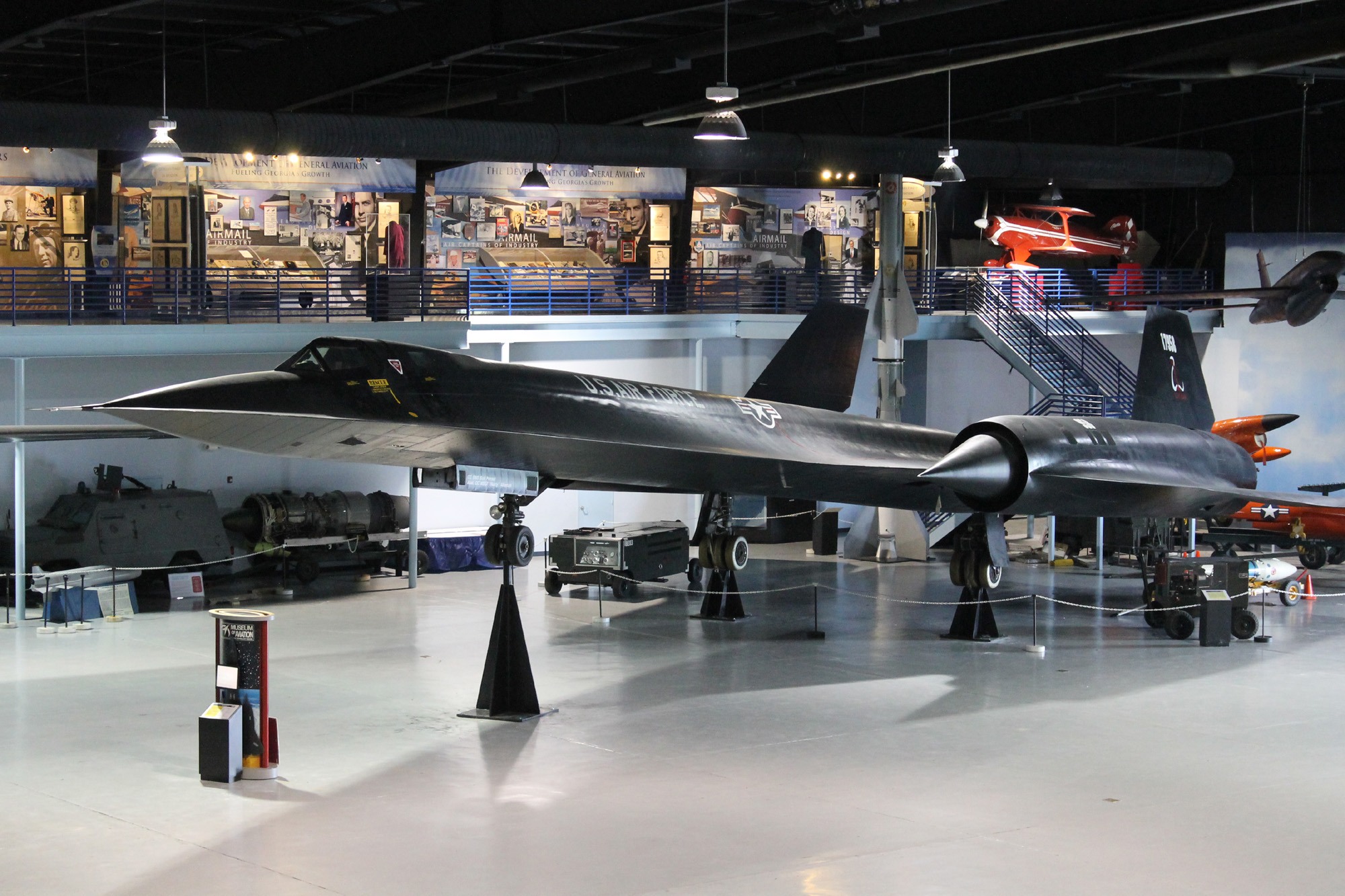
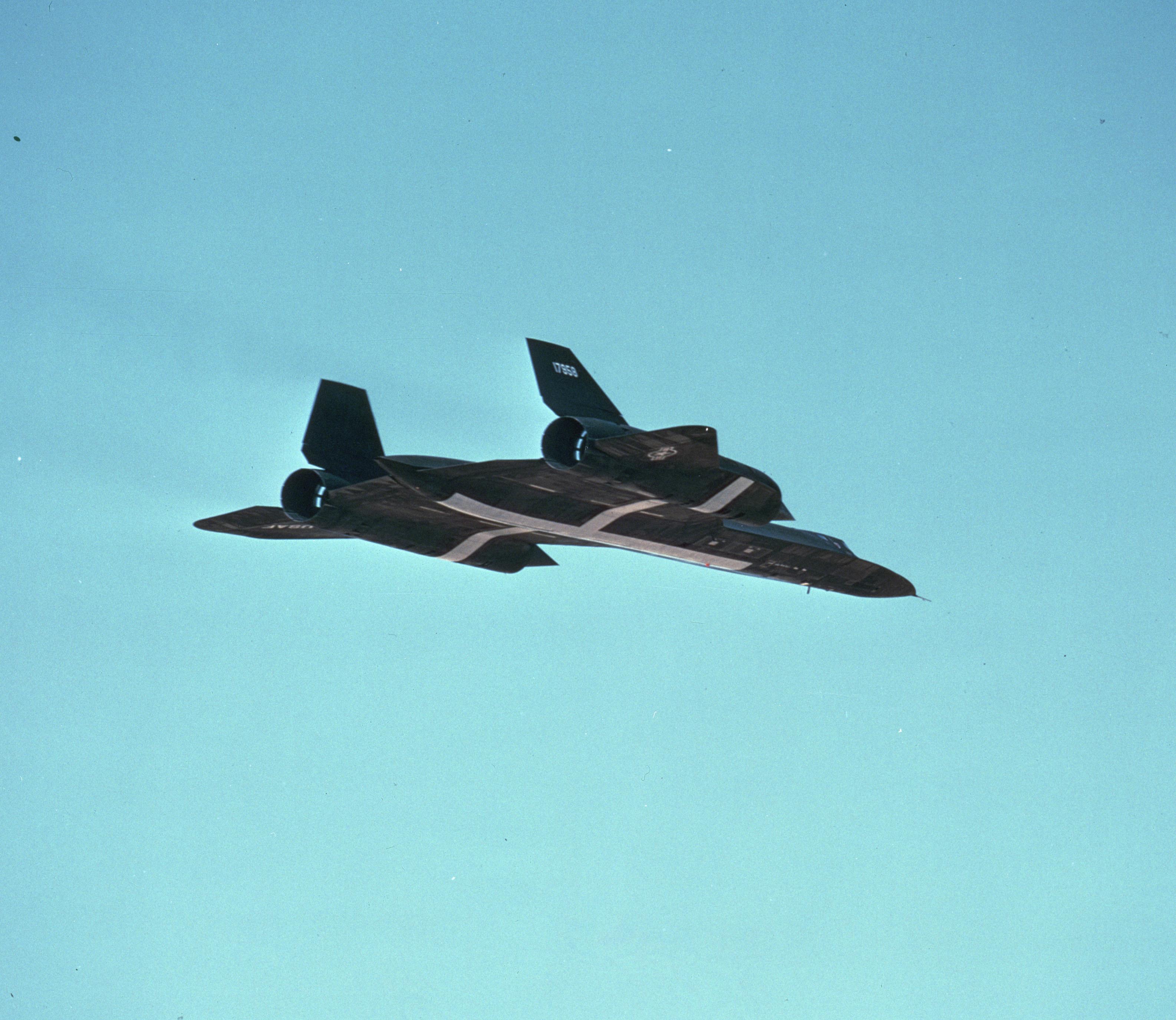
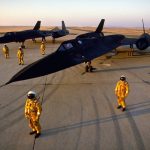
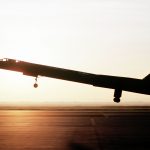
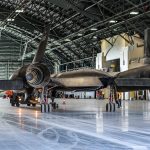

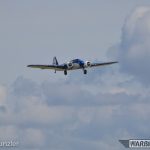
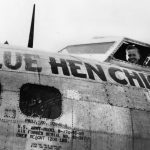
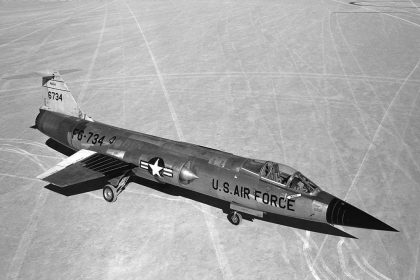
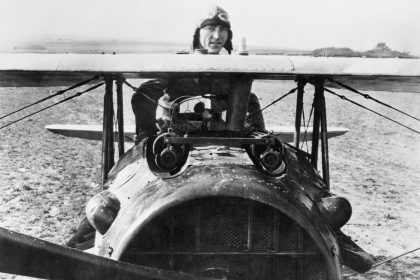
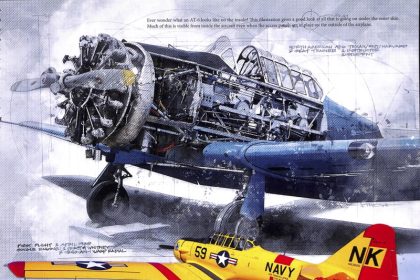
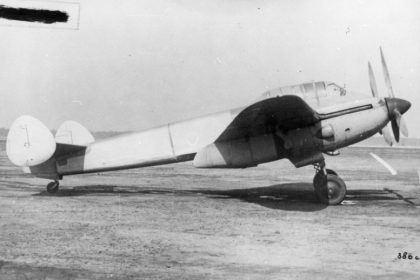
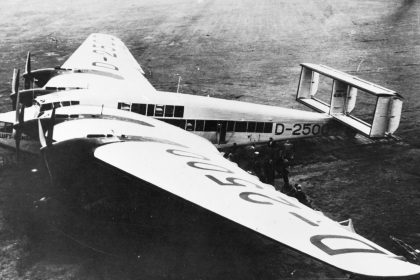

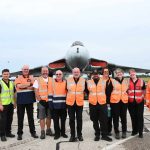
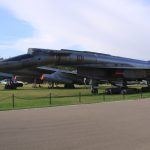
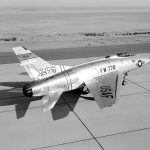
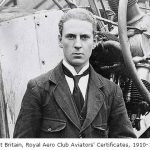
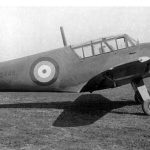
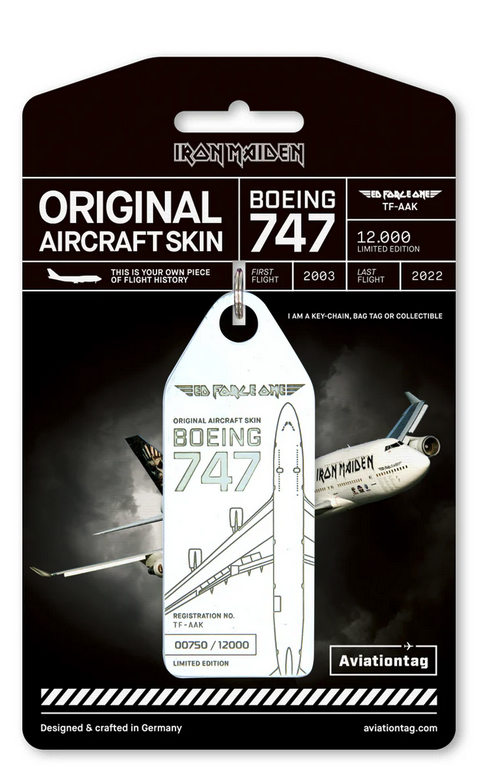

This should be a great historical event. Especially getting to meet the two crew members who flew it on that day.
In 1977, I used to watch George fly over Palmdale and his partner James Sullivan in the T 38. George would tip the jet to say hello. I dated George back then. I’d love to see him again.